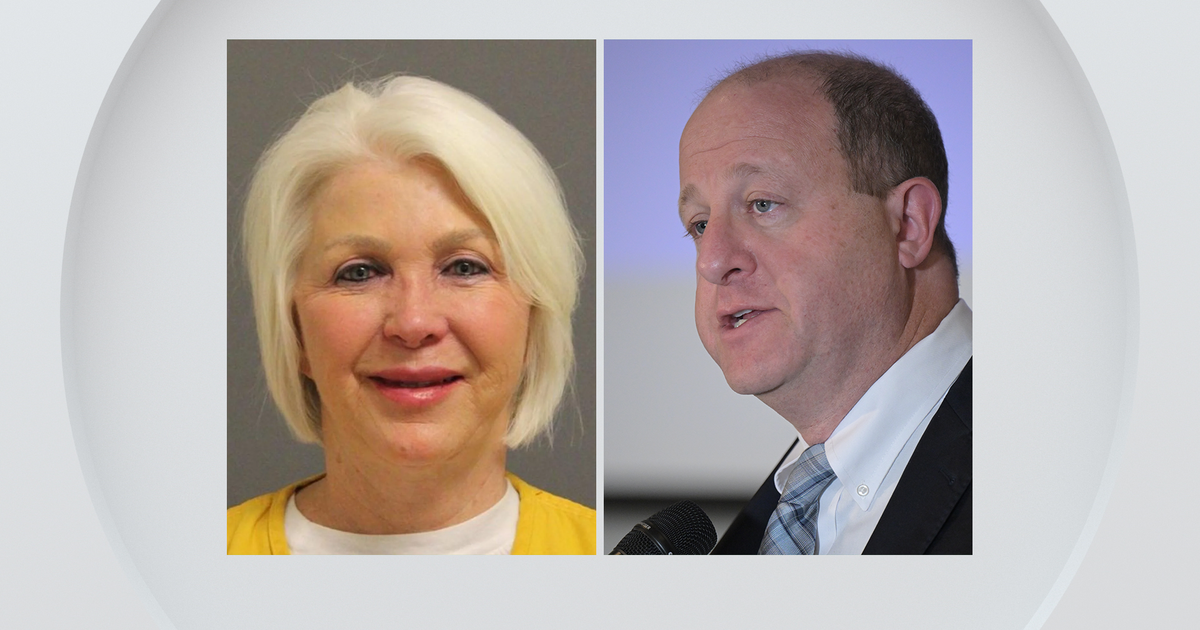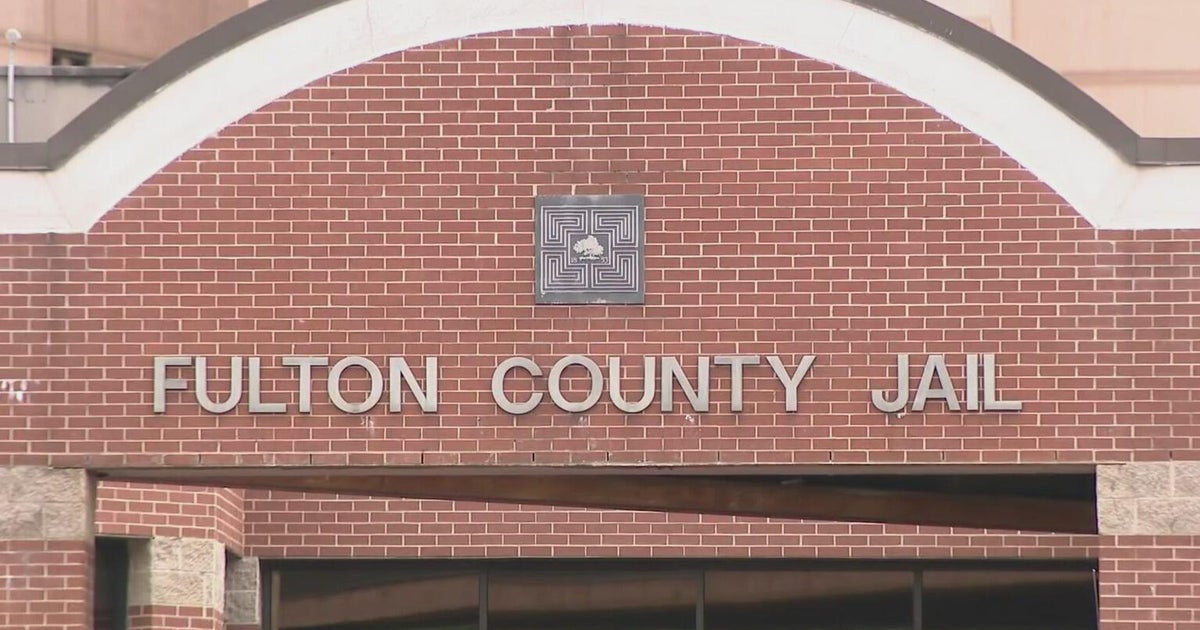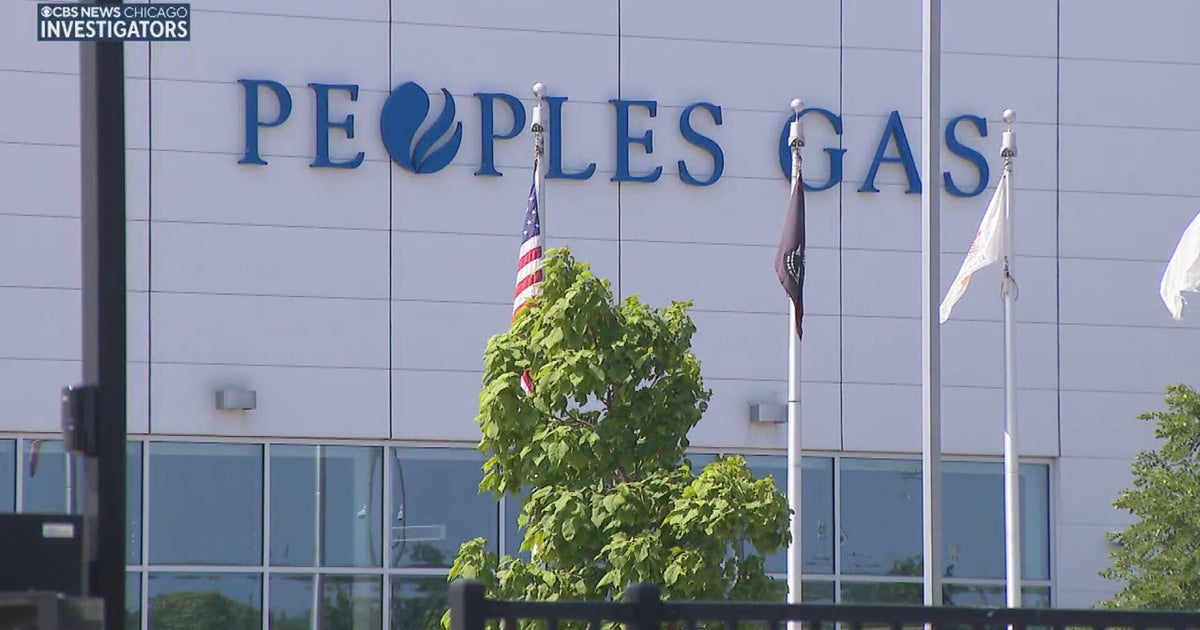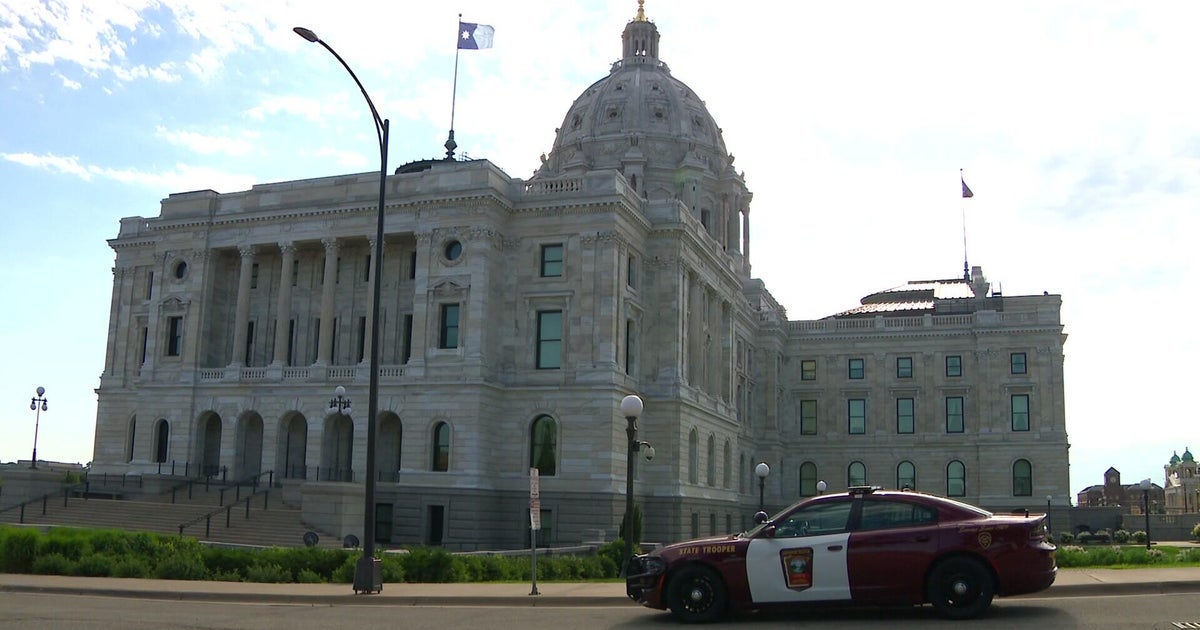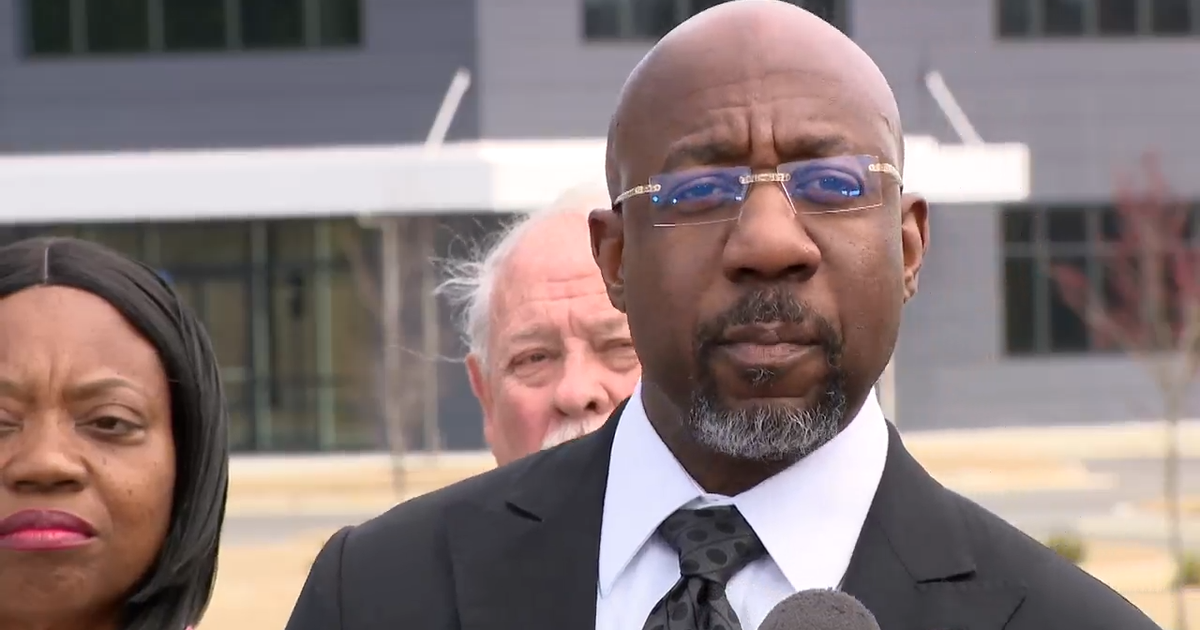Elizabeth Warren Releases Plan To Aid Native Americans
(CNN) -- Sen. Elizabeth Warren on Friday released multiple proposals that aim to address concerns and needs specific to Indian Country, including draft legislation crafted with New Mexico Rep. Deb Haaland, one of the first two Native Americans elected to Congress last year.
This marks a politically significant moment for the presidential candidate, who has weathered criticism and attacks -- including from President Donald Trump -- for the way that she has discussed her family's lineage and for releasing the results of a DNA test last year that showed the senator had distant Native American ancestry.
Warren is expected to publicly speak at length about Native American issues for the first time in months at a conference next week in Iowa hosted by Four Directions, a group that fights for Native voting rights.
Notably, a lengthy Medium post about the proposals and legislation does not mention Warren's own heritage.
"We are failing in our legal, political, and moral obligations toward tribal governments and indigenous peoples," Warren wrote. "That this failure is simply the latest chapter in generations of prior failures is no excuse."
Warren and Haaland, who recently endorsed the Massachusetts senator for president, released a draft bill aimed at addressing needs of Native Americans identified by the U.S. Commission on Civil Rights. The campaign noted that the pair wanted a period of public input that would allow tribal governments, citizens, experts and others to offer suggestions before they would introduce final language in Congress.
Their bill seeks to provide funding for programs "vital" to Indian Country, in addition to separating funds for such programs from the congressional appropriations process. Such a move, Warren wrote, would ensure "predictable, guaranteed funding" disconnected from any appropriations fights in Congress.
"Funding these programs is not optional. It is required in order to fulfill the United States' trust and treaty obligations," she said.
Separate from the legislative proposal, Warren is also proposing what she calls "Oliphant fix."
It is aimed at a 1978 Supreme Court ruling on the Oliphant v. Suquamish case, in which it said that "tribal governments have no inherent criminal jurisdiction over non-Natives on tribal lands," according to Warren's Medium post.
"This decision has deprived countless Native victims of their day in court, and with it, the possibility of justice," she said. As part of the "Oliphant fix," Warren is proposing that tribal criminal jurisdiction be significantly expanded so that individuals who commit crimes on tribal lands against Native Americans can be brought to justice by tribal authorities.
The campaign said Warren is the first presidential candidate to call for such a fix.
Warren's Medium post also addresses ways to combat what the senator refers to as "an epidemic of missing and murdered indigenous women," which she described as a "moral failing and a stain on our country."
Another significant aspect of Warren's Medium post discusses the issue of tribal sovereignty as it relates to Native American lands and resources.
She wrote that if elected president, her administration would revoke what she deemed "ill-advised and improperly granted permits" for the Keystone XL and Dakota Access pipelines, and decline permits for any new projects where tribal sovereignty is not honored.
The senator also made note of some of her past proposals in the Medium post, including improving rural broadband and her support for the single-payer "Medicare for All" proposal, which she said would improve infrastructure and health care for Native Americans.
Warren's claims to Native American heritage
Warren, who has steadily climbed in the polls, has confronted questions and criticism about her past claims of Native American heritage. The issues first arose during her 2012 Senate campaign, when her opponent, Scott Brown, accused her of lying about her ancestry to advance her academic career. Warren denied those charges and maintained that she never used her heritage for gain.
"I am very proud of my heritage," she told NPR at the time. "These are my family stories. This is what my brothers and I were told by my mom and my dad, my mamaw and my papaw. This is our lives. And I'm very proud of it."
Last fall, in a carefully choreographed video that was published online, Warren announced the results of a DNA test that claimed "strong evidence" of Native American ancestry "6-10 generations ago."
The move was widely panned. Some tribal leaders took issue with her use of a DNA test to prove a connection to any tribe, while others said Warren had played into the hands of Trump, who has repeatedly mocked her heritage claims.
The senator said in February that she had apologized to Cherokee leaders for her handling of the issue.
"I'm not a tribal citizen and I respect the difference," the Massachusetts Democrat told CNN in February. "Tribes and only tribes determine tribal citizenship."
Trump has continued to attack Warren with growing frequency as she's risen in national polls lately. At a campaign rally in Manchester, New Hampshire, this week, Trump once again called the senator "Pocahontas."
The-CNN-Wire™ & © 2019 Cable News Network, Inc., a Time Warner Company. All rights reserved.
